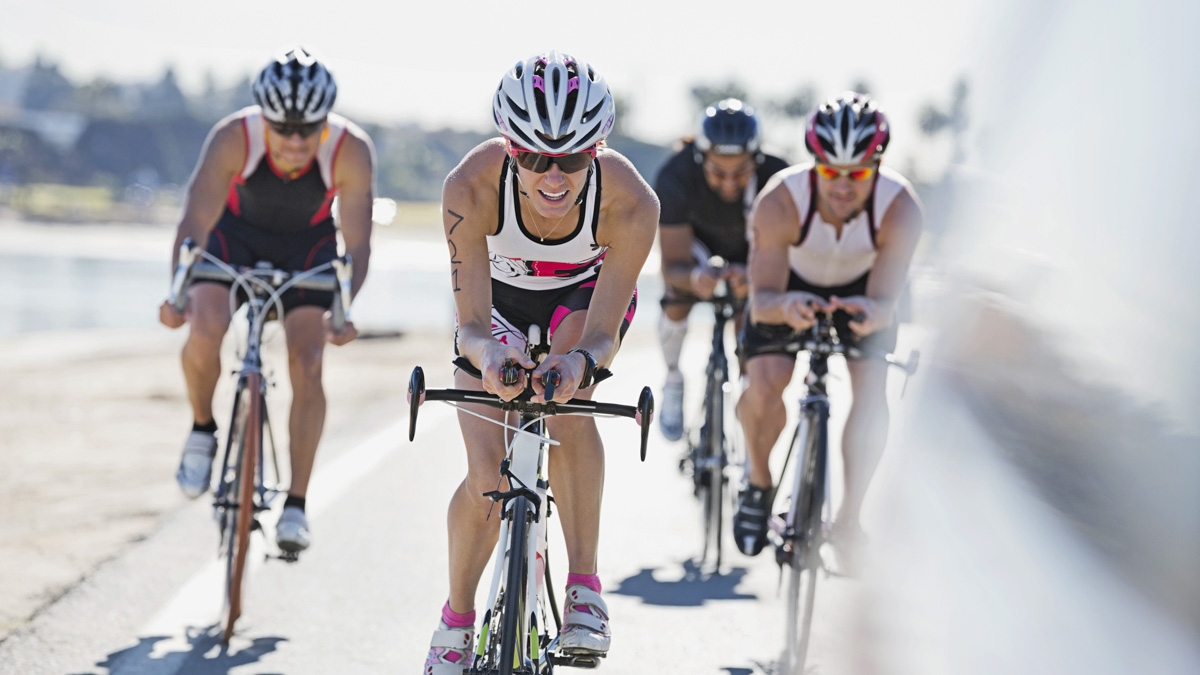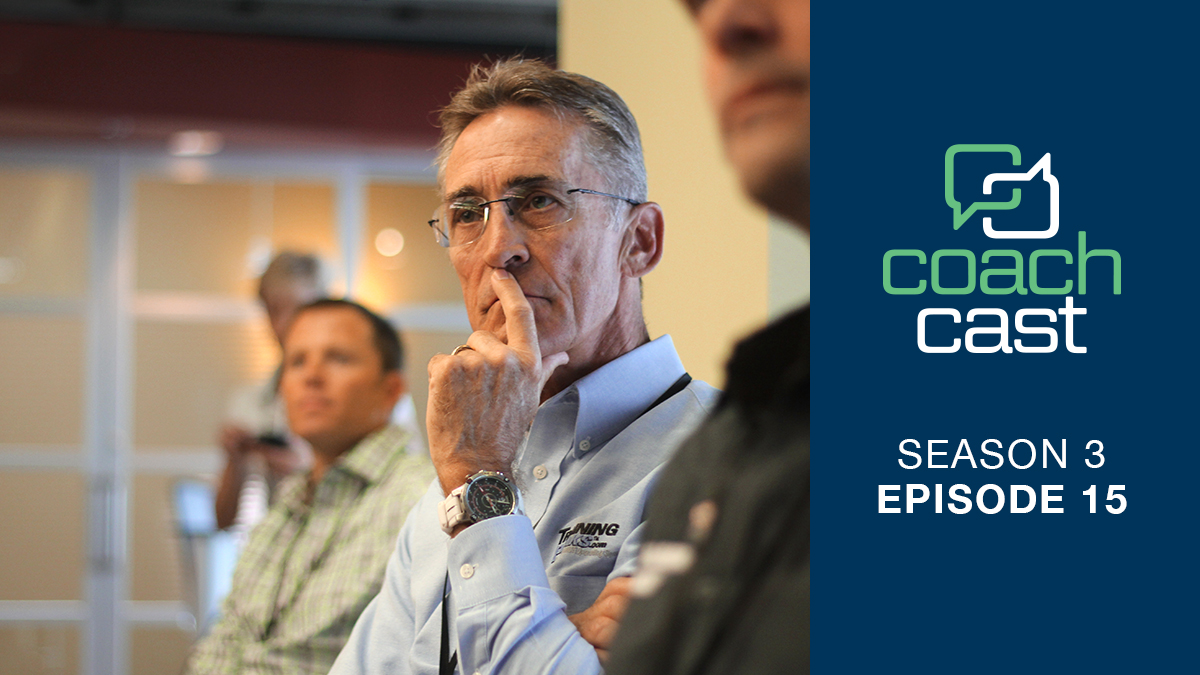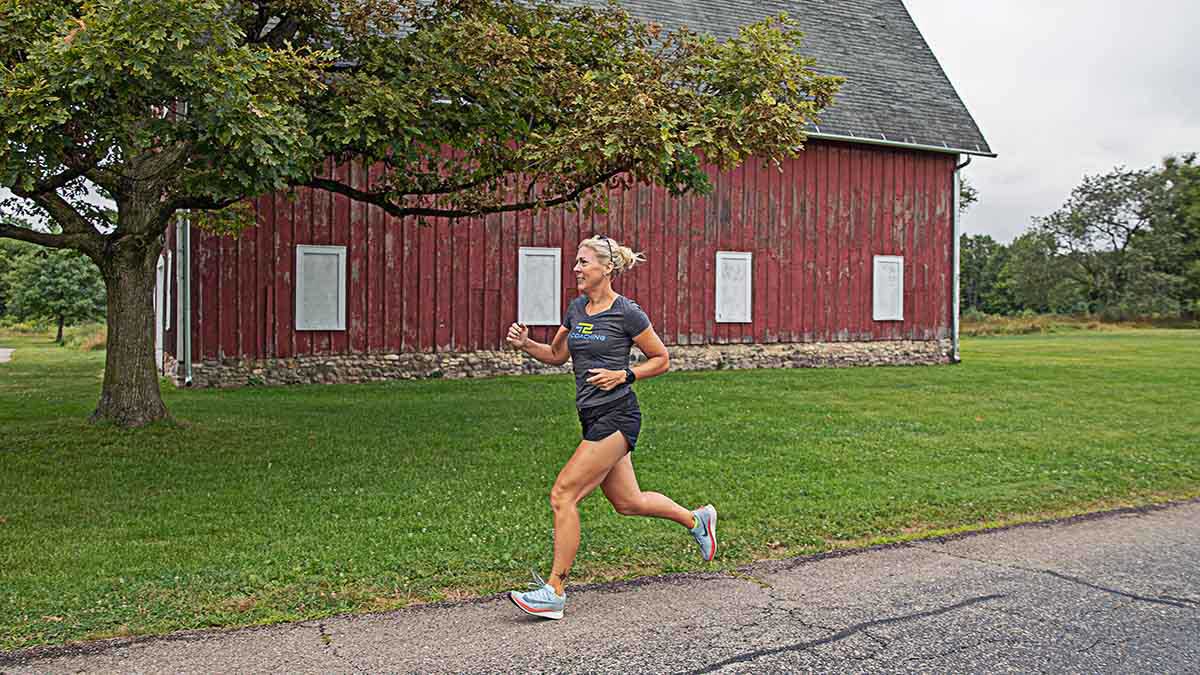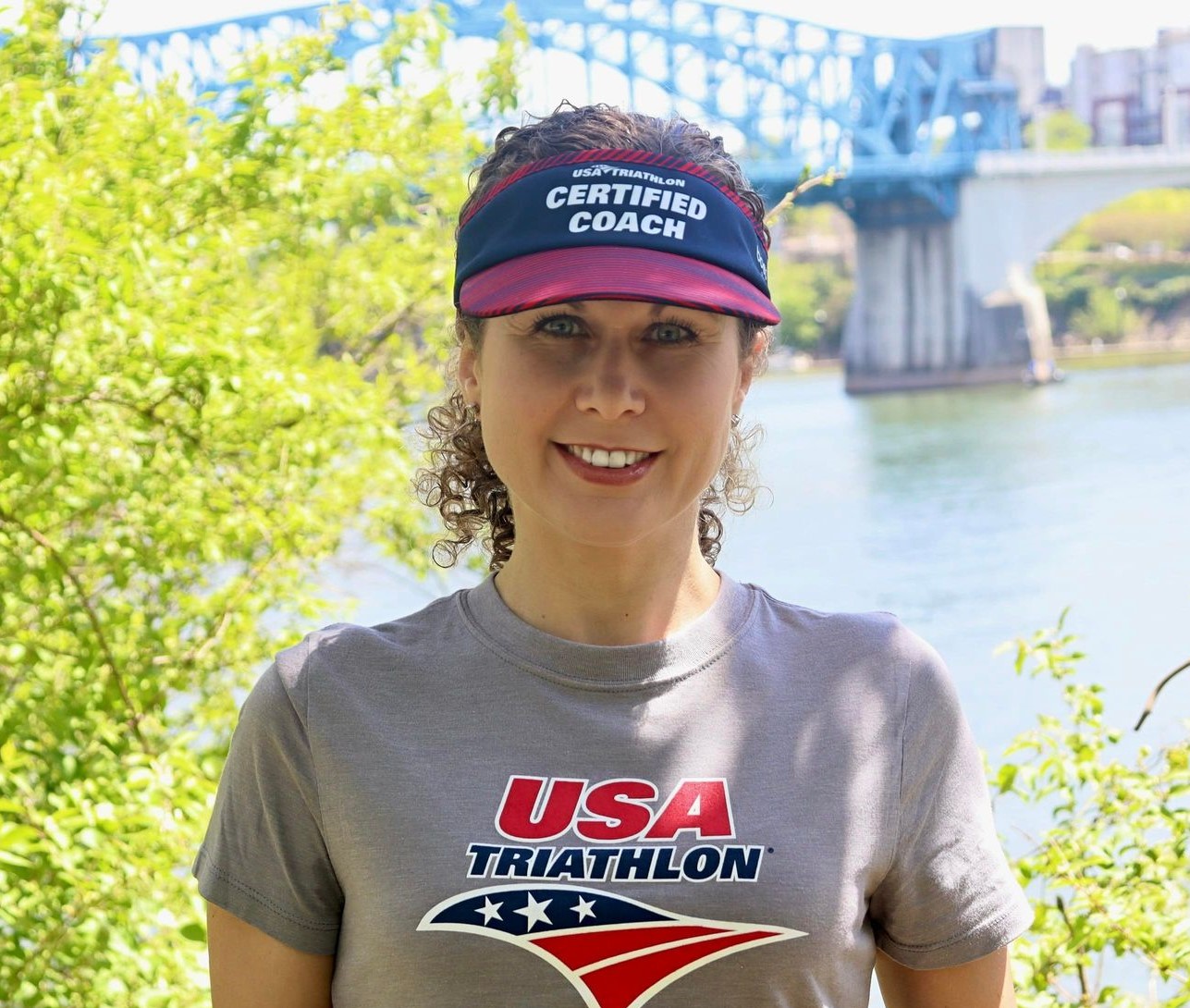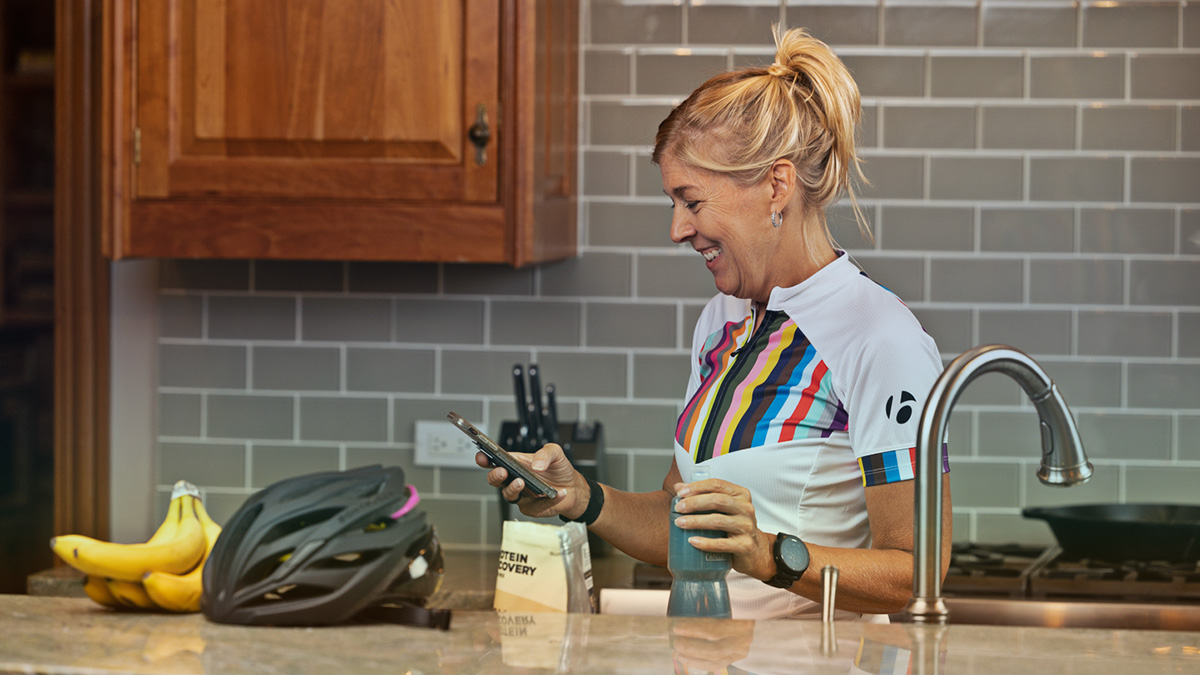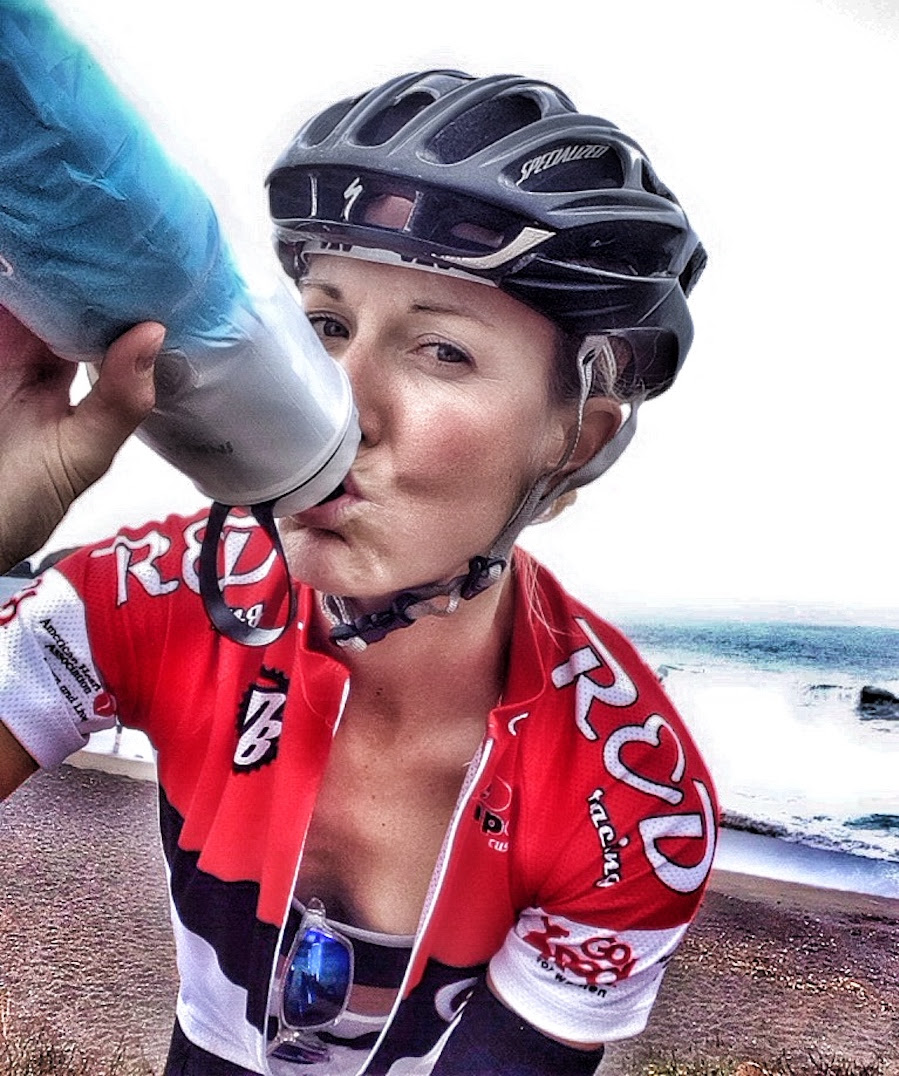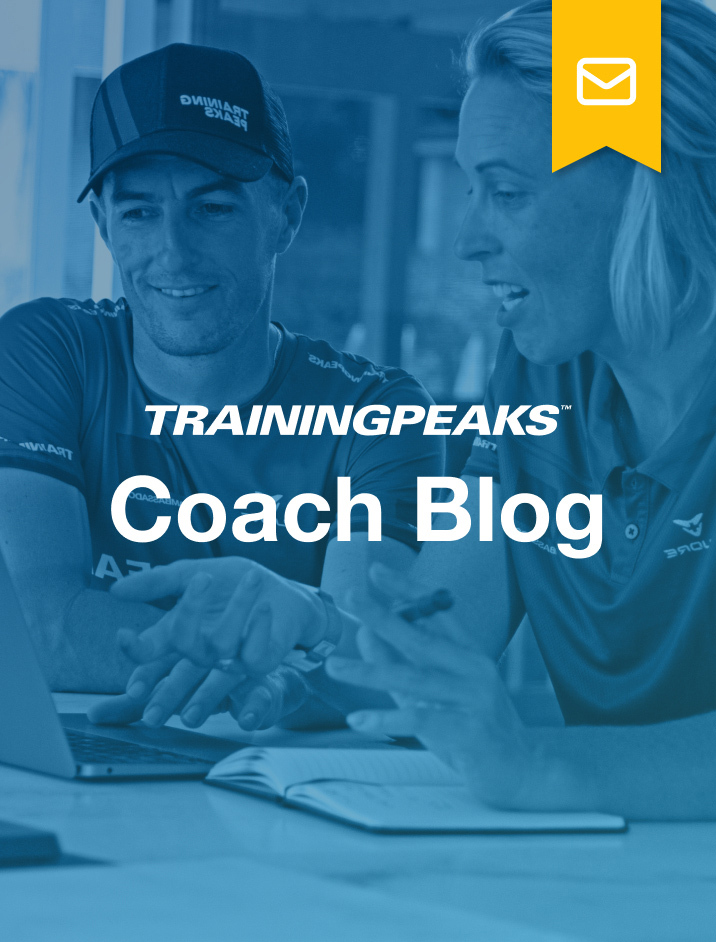Roughly 65% of the US population is over the age of 35. This means there are a lot of masters athletes out there!
Notably, according to USAT’s Marketing and Communications Director Thomas Lenneberg, people over 35 account for more than 55% of USAT’s membership database.
Extrapolating from these statistics, coaches are missing out on a large percentage of potential clients if they are not tapping into this market. To do so, coaches need to understand that masters athletes, while sharing many qualities with their younger counterparts, are also unique.
Research repeatedly shows that the major reason why masters athletes stick to their training is that they perceive the act of doing their sport, and being a part of the sporting community, to be inherently enjoyable.
In addition, according to the blog Giving Due Deliberation to Masters Athletes: The Time Has Come, they value meaningful competition, feelings of mastery, quality relationships, fitness and feeling empowered. These factors can increase coach success while also increasing the opportunity to connect with more athletes in this demographic.
Encourage Meaningful Competition
In some cases, masters athletes may be hesitant to engage in competition, simply because they derive so much joy from just training. As coaches, it’s our job to embolden athletes to transfer their hard work training into competitive performance.
Competition motivates by encouraging goal attainment while offering opportunities for learning and growth.
Competition doesn’t always need to be a huge deal, with months of effort leading up to one big push. Rather, it can involve individual efforts or competition within small groups that generate excitement and focused preparation.
By encouraging competition and seeking out such environments, coaches will not only add value to their athletes’ experience but will also create potential avenues for demonstrating their coaching style to others.
Often, it only takes increasing the awareness of the benefits of coaching to prompt masters athletes to seek out support for themselves.
Work Toward Mastery
Research shows that masters athletes “derive feelings of competency when they fulfill goals related to learning, improving and giving effort.” Simply put, being able to quantify and experience mastery over new skills, including goal achievement, is one reason they enjoy participating in sport.
Coaches can accomplish this by scaffolding training so that it builds in complexity and demand over time. They can also help athletes set and record subjective and objective goals.
Build Quality Relationships
Masters athletes are “motivated to search for, and benefit from, social connections, and a sense of belonging among relatable people.” Coaches can develop this by developing both in-person and virtual communities.
When people feel they are part of something larger, they become happier.
If coaching relationships are long-distance, Facebook or Strava groups offer a place for collective workout sharing, race results and ideas. Public groups mean more advertising for your business, too.
Consider aligning yourself with a team of professionals. Connections with a physical therapist, massage therapist, acupuncturist and sports medicine doctor means your athletes can tap into a slate of experts as needed.
If possible, expand that circle to include retail shops and any other specialty resources that will enable athletes to feel confident in every area that is important to sport success. Dually, this opens the door for those specialists to refer athletes to your coaching business.
To be successful with older athletes, stay up to date on research pertaining to nutrition, recovery and sleep. It’s well known that these details take on even more relevance as age increases.
Again, if your relationship with your athlete is well-rounded and offers more than just a training plan, they are more likely to see the benefit and stick with it.
Fitness, Fun and Self Empowerment
Research shows that masters athletes want to “have a good time and enjoy the idea of being an athlete while being supported by a program that gets them in great shape.” They also want to feel their sport pursuits “stem from their decisions informed by collaborations.”
To this end, coaches should contemplate their planning so that not only are athletes achieving goals, but they are also feeling empowered by the program.
Often masters athletes are balancing lives that include careers and family. They might be used to having control over situations and prefer to feel that they’re part of two-way communication instead of following along without offering their input.
Coaches can develop this through collaborative planning, which includes respecting that the athlete is also a busy adult. Use the TrainingPeaks notes and Availability features to allow the athlete to take part in their own schedule. It’s always better to collaborate upfront rather than backtracking.
Finally, remember that word of mouth is often a coach’s best advertising platform. The results speak for themselves.
Once busy masters athletes comprehend the value of a good coach, it is likely they’ll stick with you and share their experience.
